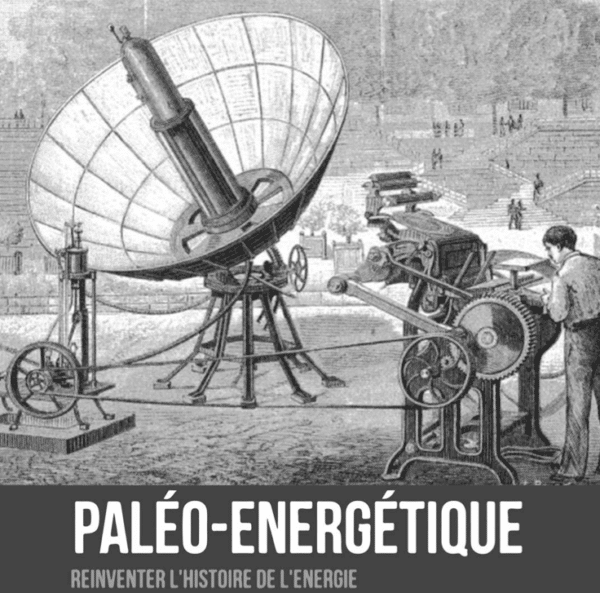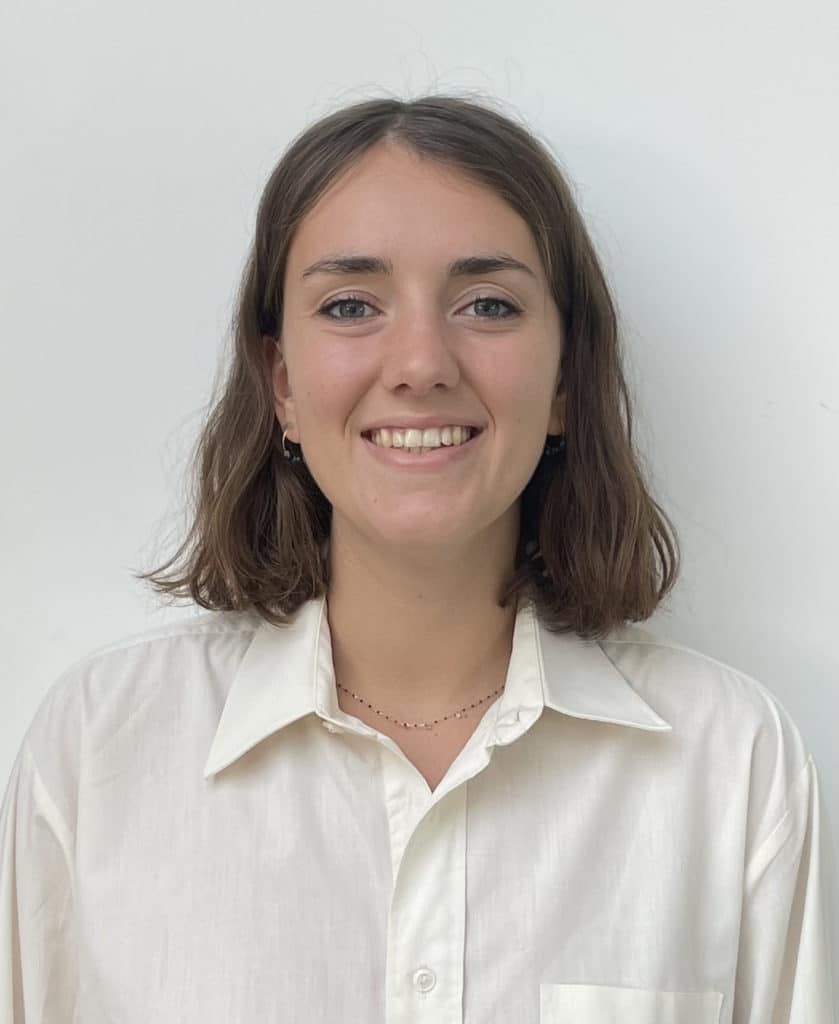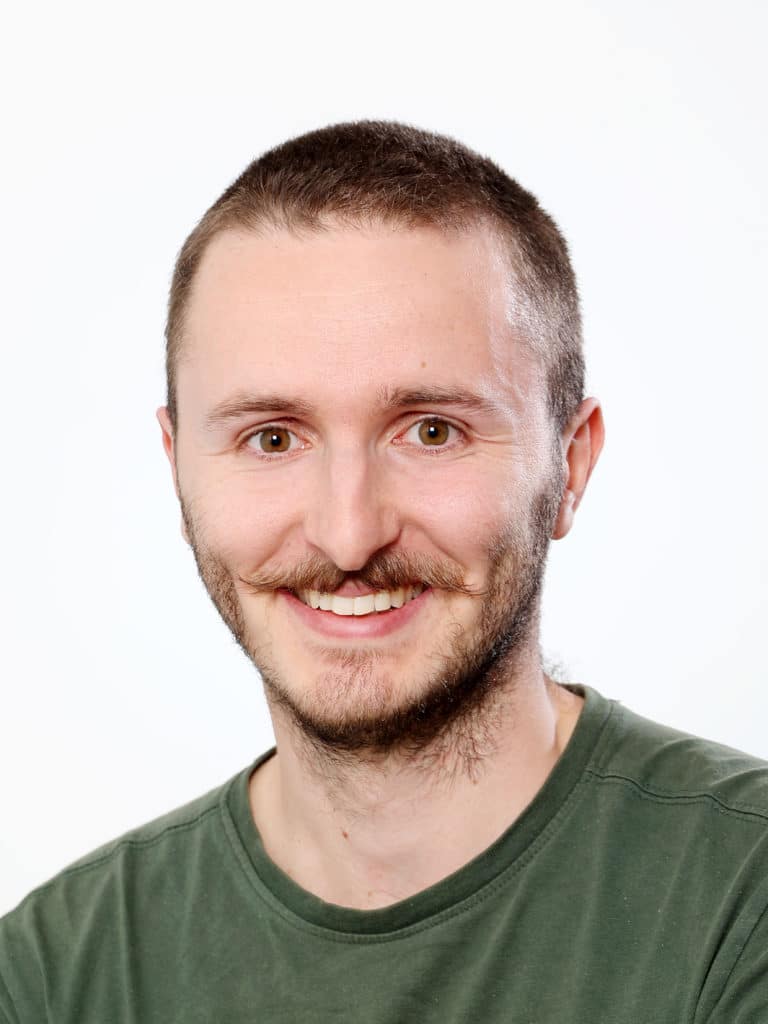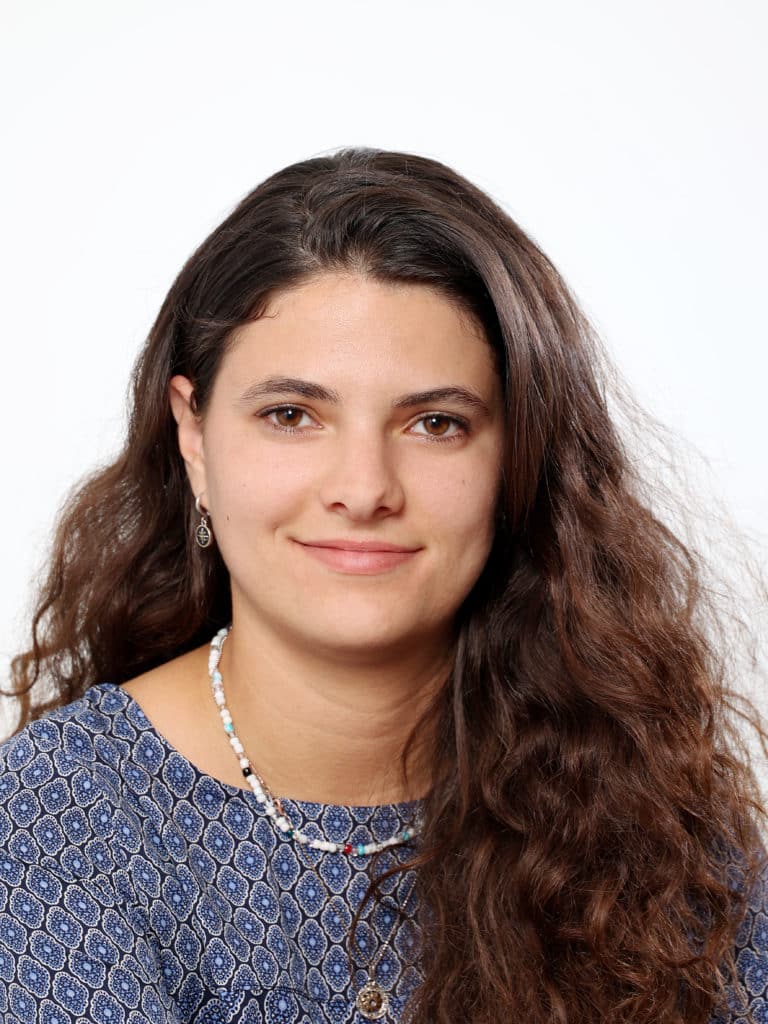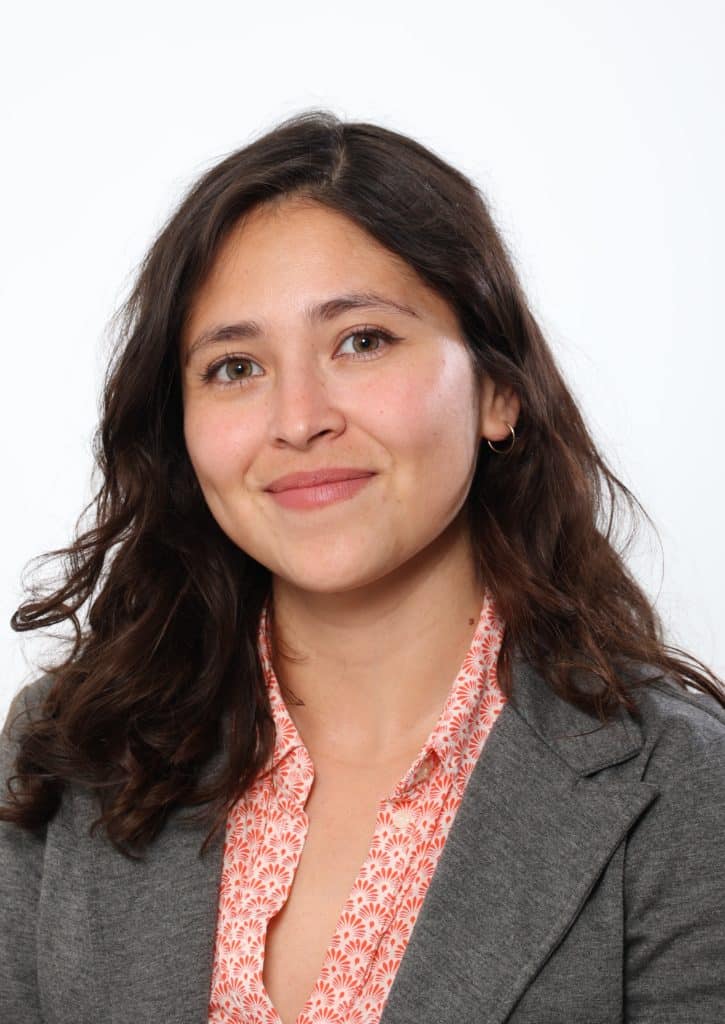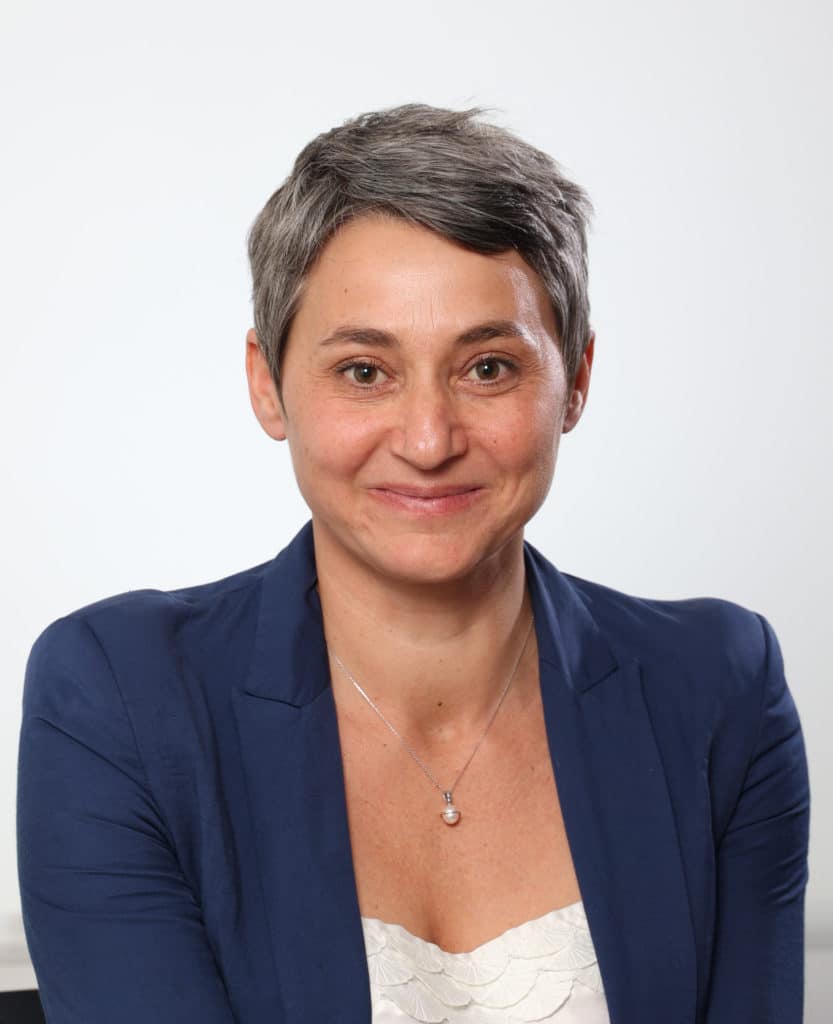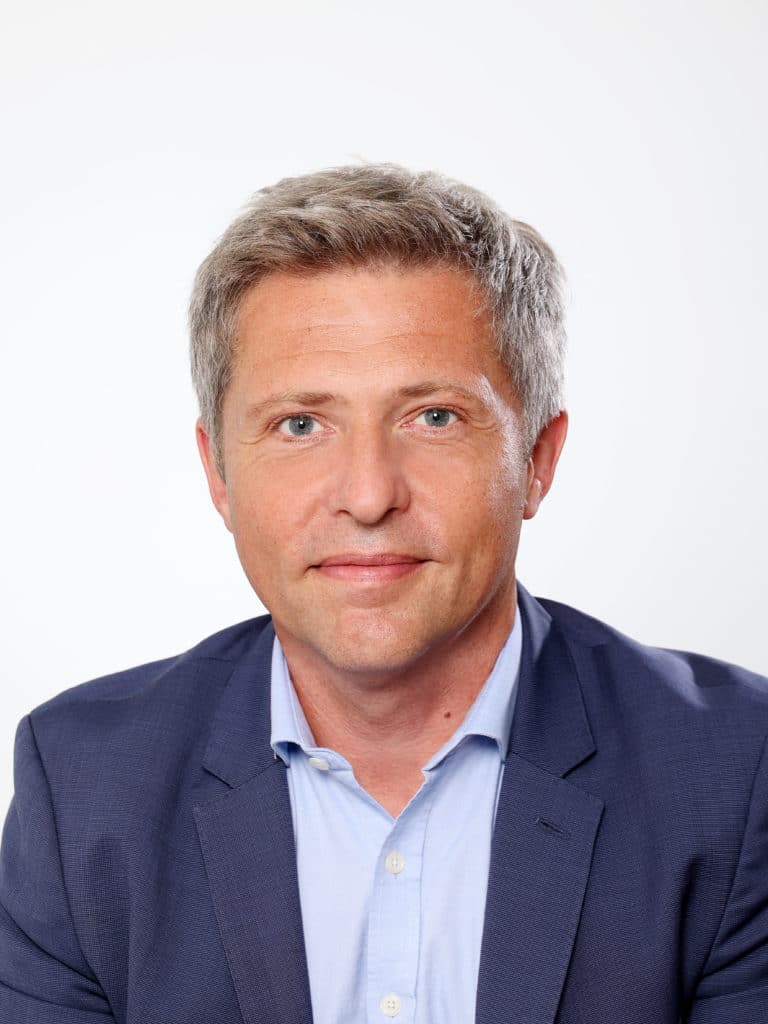Outil
Atelier paléo-énergétique
- Créativité
- Inclusion
- Résilience
- Sobriété
- Ingénierie systémique
- Économie de la fonctionnalité
- Économie circulaire
- Low-tech
- Conduite du changement
- Énergie
Le programme Paléo-énergétique est issu du programme de recherche collaboratif, porté par l’Atelier 21. Ce think-do-tank est un générateur d’alternatives énergétiques visant à rassembler les industriels, les collectivités et les citoyens.
La démarche collaborative appelé Paléo-energétique est quant à elle un outil de dialogue et de sensibilisation pour les territoires qui donne de la visibilité à des inventeurs, partage de bonnes pratiques, et insuffle une dynamique sociale et technique pluridisciplinaire dans les domaines de l’énergie, de l’urbanisme ou encore de l’eau. Elle vise ainsi à faire un état des lieux historique et contemporain pour partager une culture commune. Avec sa frise historique, des textes accessibles et vulgarisés, une exposition itinérante et digitale ces ateliers permettent à un large public de prendre conscience des enjeux liés à la transition écologique. Cette plateforme permet à tous ses partenaires d’impacter durablement leurs réseaux d’acteurs grâce à cet outil.
Elle peut aussi être déclinée pour permettre directement aux acteurs de trouver des solutions à leur problématique énergétique actuelle. Par exemple, depuis décembre 2021 l’Atelier 21 mène un groupe de travail avec l’Urban Lab en partenariat avec cinq grands acteurs de la fabrique urbaine : l’ADEME, GRDF, Groupama Immobilier, BNP Paribas Real Estate et Grand Paris Aménagement. Ce projet a pour ambition de rassembler professionnels de l’immobilier, de la construction et de l’énergie pour questionner la course à l’innovation tout en s’inscrivant dans les limites d’une planète aux ressources finies. Ils s’engagent dans cette dynamique avec l’ambition de transformer à grande échelle nos manières de construire et d’opérer nos bâtiments et équipements urbains. Rénover, rafraîchir, approvisionner en énergies locales renouvelables, construire bas carbone, réhabilitation et rénovation énergétique constituent autant de champs d’innovations low-tech explorés par ce groupe de travail. A travers l’approche low-tech les membres visent avant tout : la performance en matière d’impact climatique, écologique et économique, la maîtrise des risques, la résilience, la lutte contre l’obsolescence programmée et la transformation (culturelle) de notre rapport à la technique.
Si le mouvement low-tech s’est structuré autour d’une philosophie partagée par de plus en plus d’acteurs, il ne reste pour le moment pas ou peu de changement d'échelle d’innovations low-tech. L’objectif de ce groupe de travail est justement d’adresser son déploiement à l’échelle de nos villes.
Pour aller plus loin :
Livre Paléo-énergétique
Kit “commune”
Documents annexes
Communiqué de presse Urban Low-tech 2022 Télécharger

